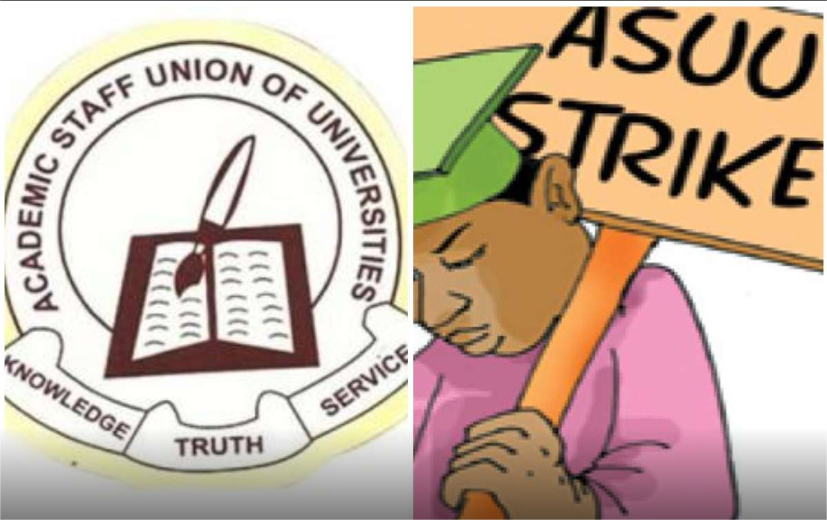Now Reading: 7 Challenges Nigerian Students Might Still Face Despite the ASUU Strike Suspension
-
01
7 Challenges Nigerian Students Might Still Face Despite the ASUU Strike Suspension
7 Challenges Nigerian Students Might Still Face Despite the ASUU Strike Suspension

The suspension of the ASUU strike is a welcome relief to many students across Nigeria. However, the end of the stoppage doesn’t mean the return to a fully normal academic environment.

Many of the systemic issues that triggered the strike and that continue to beset tertiary education remain. Below are seven major challenges Nigerian students are still likely to face despite the ASUU strike suspension.
1. Extended Academic Calendar & Graduation Delays

Frequent strikes have disrupted academic schedules repeatedly. One analysis notes that over 26 years the union has embarked on strikes 16 times, leaving the academic system in a state of instability.
For students this means their degree programmes get stretched: a four-year course may drag to five or six years, making it harder to plan for careers or further study.
Even with the strike suspended, catching up and resetting the calendar remains a challenge.
2. Poor and Decaying Infrastructure
A key grievance of ASUU has been under-funding of universities, resulting in inadequate teaching facilities, obsolete labs, overcrowded lecture rooms and so on.
Even when students return, the learning environment may still be far below what’s required for quality education.
Thus, despite the strike being paused, students may still face lecture halls without proper equipment, or labs with broken apparatus.
3. Inadequate Funding & Resources for Students
Universities often struggle with funding, leading to reduced resources for students: fewer library resources, limited access to digital tools, delays in research support.
Students from low-income homes are particularly vulnerable. As one report notes:
“The worst hit each time ASUU goes on strike are … those from low-income homes who attend public universities.”
Post-strike resumption may still find students starved for necessary learning materials.
4. Disrupted Student Motivation and Learning Gaps
Interruptions in the academic calendar create learning gaps: periods of inactivity, forgotten lessons, difficulty picking back up.
Even after the strike stops, students may struggle with continuity, loss of momentum, needing to self-study or catch up. This affects performance and confidence.
Read Also: 10 Free Online Courses With Certificates (2025 Update)
5. Loss of Economic Opportunity
Delays in graduation mean delays in entering the job market, losing potential years of earning, and in some cases falling behind contemporaries in other sectors or countries.
The strike suspension helps resume academic work, but the backlog and delayed start remain a burden.
6. Damage to University Reputation & Student Mobility
The recurring strikes have impacted how Nigerian universities are perceived globally. One article notes that none of Nigeria’s universities featured in the top 20 of a major ranking, partly due to instability.
For students aspiring for exchange programmes or postgraduate opportunities abroad, this can limit prospects even after strike suspension, perception and structural deficiencies linger.
7. Uncertainty and Recurring Risk of Future Strikes
Perhaps the most insidious challenge: the expectation that strikes may recur. The suspension is not a guarantee of uninterrupted academic activity. ASUU itself pointed out that while useful engagements had occurred, “we are definitely not where we were prior to the commencement of the strike.”
This lingering uncertainty forces students to continually adapt their plans, which undermines stability and long-term planning.
Watch the video below





